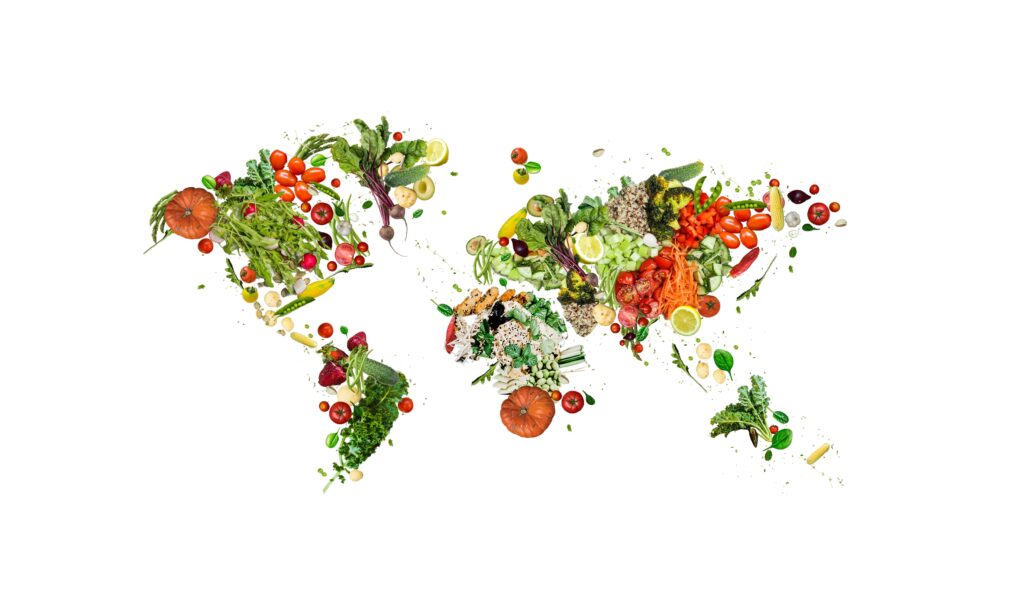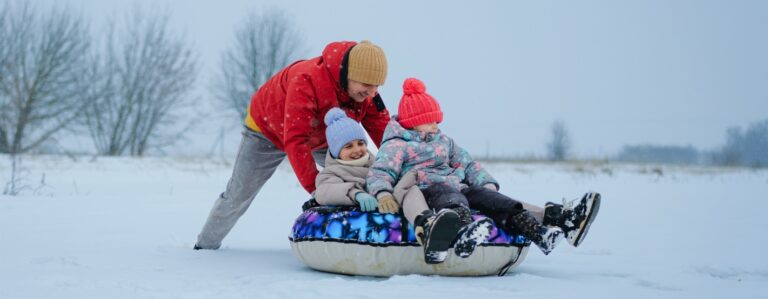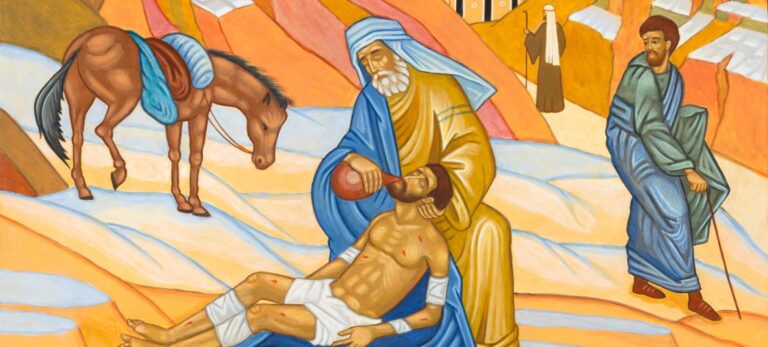
FOOD FOR THOUGHT

How often do you think about food? I never before reflected on this question but I realize that I think about food every day. I am not a professional chef or a foodie. I am no longer responsible for feeding a busy family. But I think about food because I need to eat. And I aspire to eating well. So I think about what to eat, what to prepare, what I need from which grocery store, when I can get there, whether I have time to make something or whether I need to prepare something quick and easy. It’s a big part of my brain share every day: Maybe yours, too.
World Food Day gives us the opportunity to learn more and consider a broader focus on food. According to the website:
“many people suffer from hunger and are unable to afford healthy diets. More vulnerable people are often forced to rely on staple foods or less expensive foods that can be unhealthy, while others suffer from the unavailability of fresh or varied foods, lack the information they need to choose a healthy diet, or simply opt for convenience.”
In addition to these challenges, “Hunger and malnutrition are further exacerbated by protracted or prolonged crises that are driven by a combination of conflict, extreme weather events and economic shocks.”
We can’t separate food production and the food we eat from the weather or the economy. What about the effect that unpredictable weather has on crops in our own regions and around the world? Two years ago, for World Food Day, Pope Francis reminded us of the moral imperative to consider the common good of all our neighbours on this planet.
We may also be experiencing higher prices on the foods we buy, increased food bank reliance, or the challenges of living alone and cooking for one. What about people that are experiencing flooding, forest fires, and, in other parts of the world, war?
One year during Lent, we ate vegetarian meals instead of meat-based meals and contributed the money we saved to the missions. Through different social justice activities, my family and I learned about solidarity with the poor and became more conscious of the poverty that keeps people from getting enough food or enough nutritious food to be healthy and well.
At a recent bake sale in our community, one of the items for sale was homemade dandelion jelly. At one point a teenage girl picked up the little jar and asked if you could really eat dandelions. I told her who had made the jelly and the story of my grandfather making dandelion wine. She was amazed at the thought of eating dandelions and asked – why doesn’t everyone grow and eat dandelions?! Her eyes went wide with possibilities. Apparently, crickets and cattails are also lesser known sources for protein. Who knew? There is always more to learn about food and production and the wonders of creation.
I recently got inspired by the fall weather and baked an apple pie. I rolled the crust, used my special gadget to get the fresh apples ready and, as the pie was baking, I moved on to cleaning up. As the kitchen filled with the aroma of baked apples, it brought tears to my eyes! I had flashbacks to making special desserts for my children and memories of meals with my parents and grandparents. Food has more meaning that just nutrient value.
I am also thinking more about the meals we share as a sacred act. As we break bread, we can increase our mindfulness and express our gratitude in prayer. Food is not only our sustenance, but meals are part of life, building and maintaining relationships with others. If we have good experiences around our tables, sharing stories, breaking bread together, we can better understand and support the theme for this year that everyone has a “right to food for a better life and a better future.”
Knowing that every creature receives sustenance from His hand and that He abundantly blesses those who break bread with the hungry.
Pope Francis
May we be among the grateful and the blessed.
P.S. Who coined the phrase “easy as pie”? It must be referring to how easy it is to eat pie, not how easy it is to make one… but maybe I will make another pie, this time to share.
Jeanne Lambert combines her experiences as a parish and community nurse and her music ministry, and she continues to find ways to include music in pastoral care and community hospice work. Jeanne has many diverse writings and presentations to her credit on family life, grief, wholistic health care and spiritual reflection.


